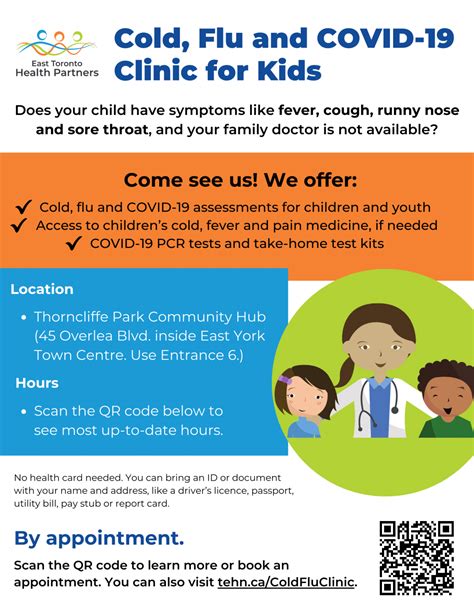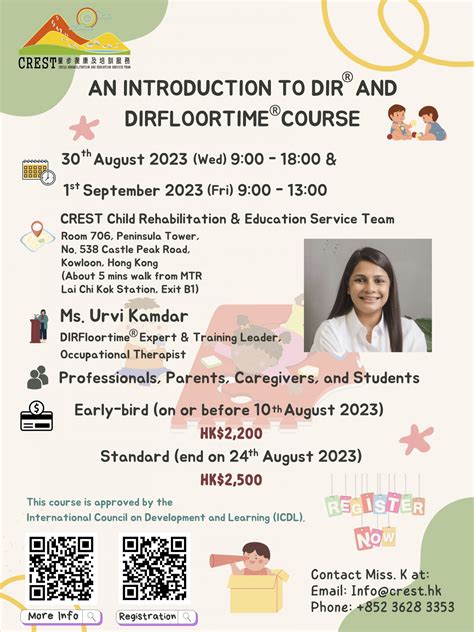As seniors age, they often face unique mental health challenges that can impact their overall well-being and quality of life. Mental Health First Aid for seniors is a vital skill for caregivers, family members, and aged care staff, equipping them to recognize signs of mental health issues and offer immediate support. This guide explores the importance of mental health first aid training, fostering social connections, and utilizing aged care resources to create a supportive environment. By understanding and addressing the mental health needs of seniors, aged care facilities and caregivers can enhance the lives of elderly individuals while promoting resilience and social engagement.
Explore this topic with ujocis.net in great detail.
1. Understanding Mental Health Challenges in Seniors
Mental health challenges in seniors are intricate, arising from a complex interplay of physical, emotional, and social changes associated with aging. Depression, anxiety, loneliness, and cognitive decline are common issues that can profoundly affect an individual’s daily life and overall well-being. Physical health problems, such as chronic pain, mobility limitations, and illnesses, frequently contribute to feelings of isolation or helplessness, further amplifying vulnerability to mental health struggles.
Seniors may experience grief stemming from the loss of loved ones, shifts in their living arrangements, or retirement, all of which can impact their sense of purpose. Furthermore, age-related stigma surrounding mental health may hinder them from seeking necessary support. Recognizing these challenges is essential for identifying signs of distress and intervening effectively.
Understanding the specific factors that contribute to mental health issues in seniors is crucial for caregivers, family members, and aged care staff in providing effective support. Early recognition of potential problems, such as changes in mood, social withdrawal, or confusion, enables timely intervention, improving the quality of life for older adults and fostering a healthier, more inclusive environment within aged care.

2. The Importance of Mental Health First Aid Training
Mental Health First Aid (MHFA) training is essential for supporting seniors’ mental well-being. It provides caregivers, family members, and aged care professionals with the skills to recognize, understand, and respond to mental health issues. Mental health challenges can often be overlooked in older adults because they can overlap with physical health symptoms. By training individuals in aged care settings, early signs of anxiety, depression, or cognitive decline can be identified and addressed promptly.
MHFA training equips participants with the skills to approach seniors with empathy, fostering a compassionate response that can greatly enhance their well-being. Through training, individuals gain the ability to provide initial support and encourage seniors to seek professional assistance when required. This guidance can play a crucial role in reducing stigma, promoting a sense of understanding, support, and connection among seniors.
MHFA training fosters the development of essential communication skills for navigating sensitive topics like mental health concerns. This empowers staff and family members to create a supportive environment where seniors feel comfortable disclosing their feelings. By promoting open communication, the training not only benefits seniors but also enhances the quality of care and well-being for caregivers and families, fostering a culture of understanding and proactive mental health care within aged care communities.

3. Building Social Connections and Support Networks
Building social connections and support networks is essential for promoting mental well-being among seniors. Social interaction can reduce feelings of isolation and loneliness, which are common contributors to mental health challenges in older adults. For seniors, staying connected with family, friends, and community members provides a sense of belonging and purpose, which helps maintain emotional resilience.
Aged care facilities can foster social connections by organizing group activities, such as exercise classes, book clubs, and hobby groups, which encourage engagement and build friendships among residents. Additionally, programs that connect seniors with community volunteers or intergenerational activities, such as spending time with children or younger adults, can enrich their social lives and offer new perspectives.
Family members and caregivers can also play a key role by actively involving seniors in social outings, celebrations, and phone or video calls with loved ones. Strong support networks contribute significantly to seniors’ mental health, promoting a happier and more fulfilling aging experience.

4. Navigating Aged Care and Mental Health Resources
Finding the right aged care and mental health resources is crucial for giving seniors the complete support they require. Aged care services provide a variety of resources, including counseling and therapy as well as community programs, all tailored to the specific mental health needs of older adults. Understanding these resources allows caregivers and family members to connect seniors with mental health professionals, support groups, and wellness programs, ultimately improving their quality of life.
Aged care facilities can provide guidance on helpful resources for mental health, including local clinics, teletherapy services, and support groups tailored to conditions like dementia or grief. Early access to these resources is essential for effectively managing mental health concerns, particularly as symptoms begin to develop.
Moreover, online platforms and helplines offer crucial information and support, providing seniors and caregivers with easy access to mental health resources. By proactively utilizing these resources, caregivers can promote seniors’ sense of well-being, connection, and empowerment in managing their mental health, ultimately contributing to a safer and more responsive aged care environment.
5. Implementing Mental Health First Aid in Aged Care Facilities
Mental Health First Aid (MHFA) implementation in aged care facilities is a proactive strategy for promoting senior residents’ mental well-being. Integrating MHFA into daily routines fosters an environment where mental health is valued alongside physical care. Equipping staff with MHFA training empowers them to identify early indicators of mental health concerns, such as mood shifts or social withdrawal, enabling prompt support for residents.
MHFA-trained staff are equipped to confidently engage with seniors exhibiting signs of distress. They can provide empathetic listening and direct them to suitable mental health resources. This approach not only improves the quality of care but also cultivates an atmosphere of openness and trust, encouraging residents to feel comfortable discussing their mental well-being.
Aged care facilities can play a crucial role in supporting mental health by implementing several initiatives. By appointing designated Mental Health First Aid (MHFA) responders, they can ensure immediate support for those experiencing mental health challenges. Regular mental health workshops will equip staff with the knowledge and skills to better understand and address these issues. Moreover, creating peer support systems among residents fosters a sense of community and allows individuals to connect with others who share similar experiences. This comprehensive approach integrates mental health care into the daily routines of aged care facilities, providing trained professionals and supportive social connections to every senior. By promoting mental resilience and fostering a positive atmosphere of care, these initiatives contribute to the well-being and quality of life for seniors residing in these communities.
6. Advocating for Mental Health in Aged Care
Advocating for mental health in aged care is essential to create a supportive and inclusive environment for seniors. By raising awareness and reducing stigma, aged care facilities can encourage open discussions about mental health, making residents feel more comfortable seeking support. Advocacy starts with educating both staff and family members on the importance of mental health for seniors, emphasizing that mental well-being is as crucial as physical health.
Facilities can promote mental health by organizing regular workshops, inviting mental health professionals to speak, and providing access to resources on mental health topics. Additionally, collaborating with local and national mental health organizations can offer residents and staff valuable support and resources.
Empowering seniors to voice their needs is another key element of advocacy. When seniors are encouraged to speak about their mental health experiences, it promotes a culture of empathy and understanding within the facility. Strong mental health advocacy ensures seniors have access to the support they need to age with dignity and emotional well-being.
7. Self-Care for Caregivers and Loved Ones
Taking care of themselves is essential for caregivers and loved ones who are supporting seniors. Caregiving can be emotionally and physically draining, often resulting in burnout and stress. When caregivers prioritize their own well-being, they are better able to provide support to the seniors in their lives.
Creating a self-care routine is vital for caregivers. This can involve scheduling time for relaxation, pursuing personal interests, or engaging in physical activities that improve health and lessen stress. Additionally, caregivers should seek social support by connecting with other caregivers, either through support groups or informal gatherings, which provides a space to share experiences and coping strategies.
Mental health education can empower caregivers by providing them with the tools to identify their own signs of stress and burnout. It’s crucial for caregivers to prioritize their well-being by setting boundaries, taking breaks when necessary, and seeking support when needed. By nurturing their own mental health, caregivers create a more positive and supportive environment for seniors, leading to improved quality of care.
In conclusion, prioritizing mental health in aged care is vital for enhancing the well-being of seniors. By implementing Mental Health First Aid training, fostering social connections, and navigating available resources, caregivers and aged care facilities can create a supportive environment. Advocating for mental health awareness and encouraging self-care among caregivers further strengthens this framework. As we collectively address the mental health challenges faced by seniors, we can improve their quality of life, ensuring they feel understood, valued, and connected within their communities, ultimately promoting a healthier aging experience.
ujocis.net

